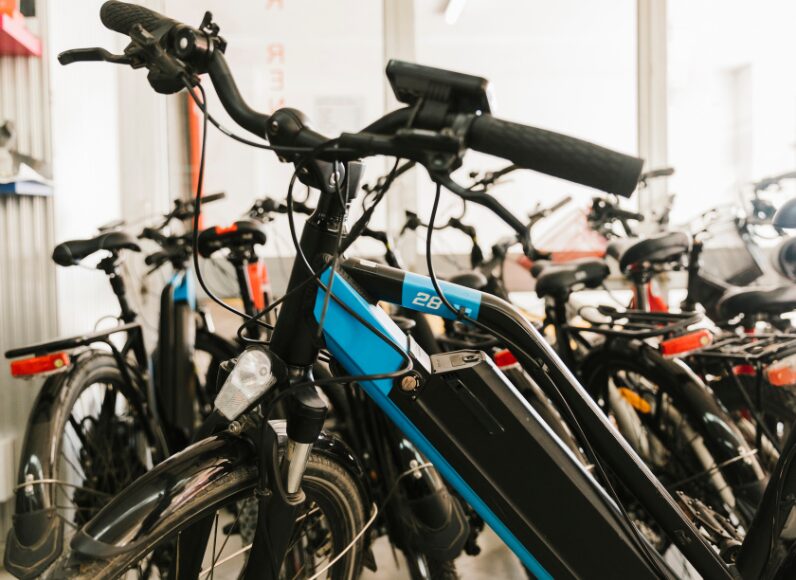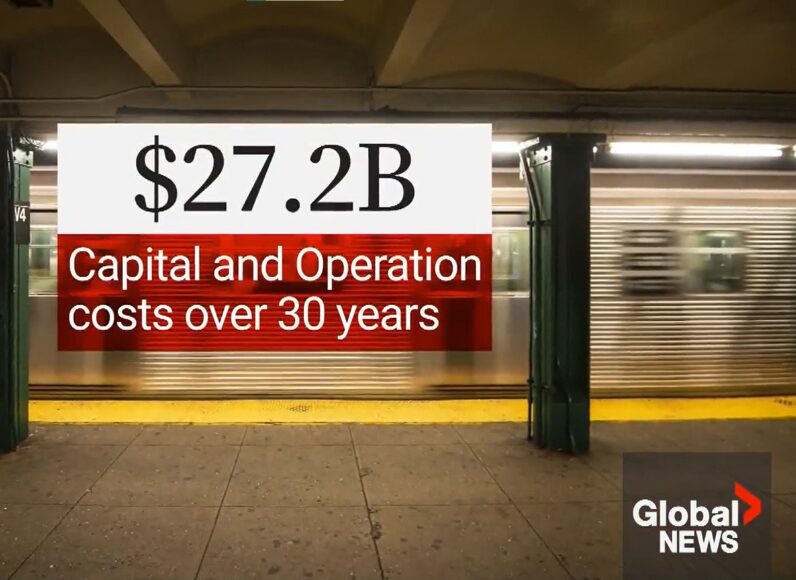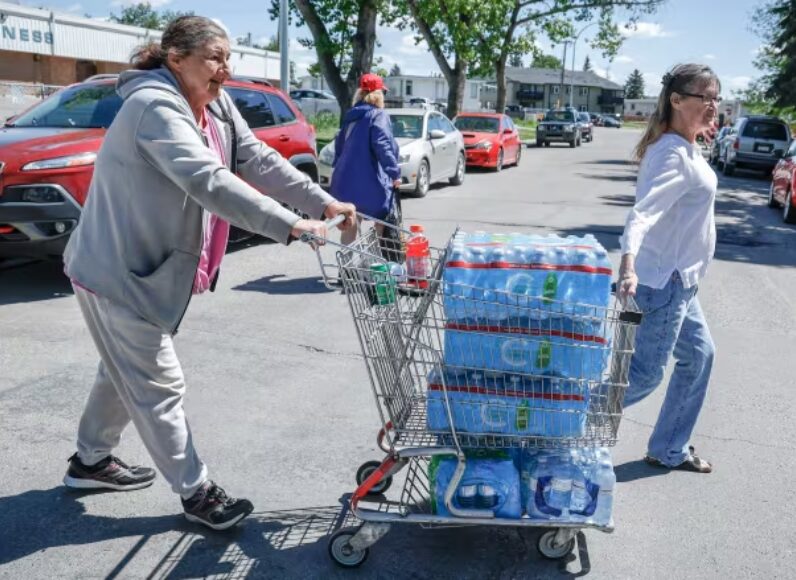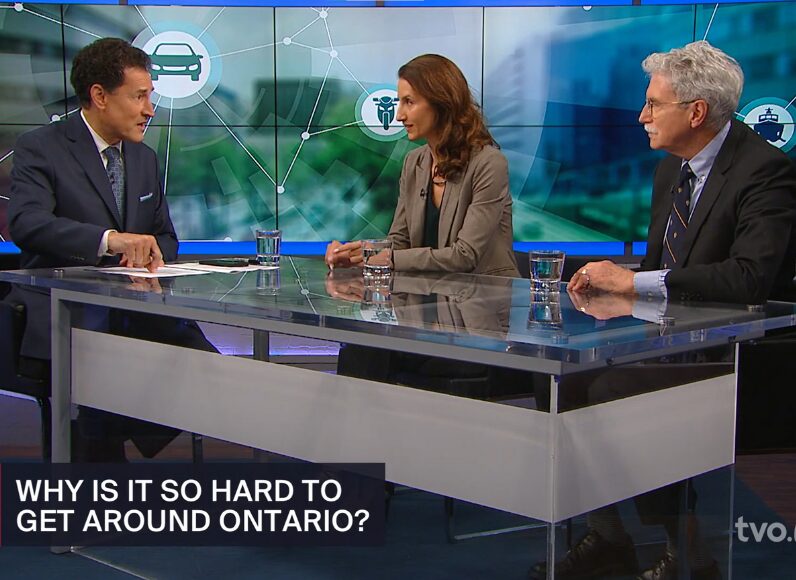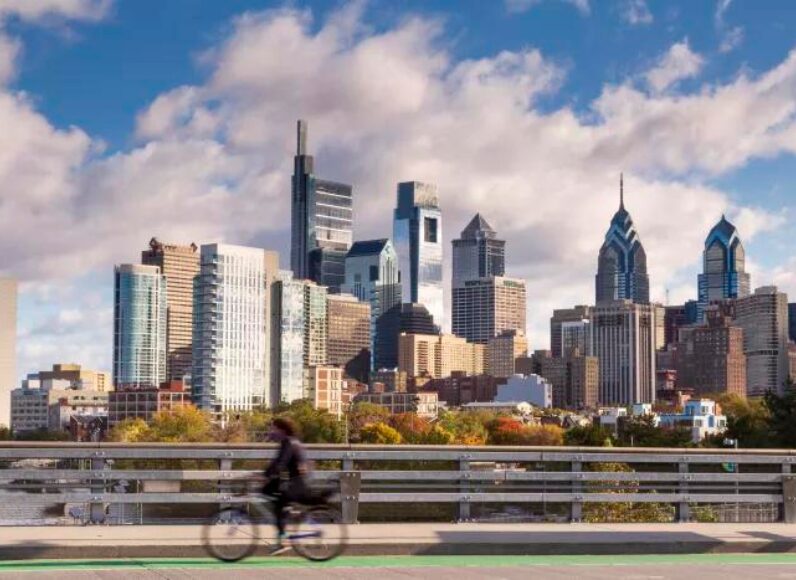By Dr. Emily Hertzman (Postdoctoral Fellow, Asian Institute, University of Toronto), Jessika Tremblay (Phd Candidate, Department of Anthropology, University of Toronto), Carolin Genz (Phd Candidate, Department of Geography, Humboldt University), Dr. Aylin Yildirim Tschoepe (Phd Candidate in Anthropology and Middle East Studies, Harvard University).
Urban Anthropology today
The urban, as a concept and a place, has undergone vast transformation since the beginning of the 21st century. Global macro forces of neoliberalism, environmental change and urban inequalities have significantly changed the everyday lives and practices of urban dwellers. Along with these shifts, scholars, policy makers and urban actors are seeking new ways to reach in-depth understandings of the processes of urban social change at various scales.
The Urban Ethnography Lab is an international research collaboration at the forefront of understanding these unprecedented transformations through a people-centered qualitative research paradigm. Initiated in 2016, the Urban Ethnography Lab is a partnership between the Ethnography Lab at the University of Toronto and the Georg-Simmel Center for Metropolitan Studies at Humboldt University in Berlin. Initiated by faculty members, graduate students and postdoctoral fellows working in Berlin and Toronto, the collaboration aimed to enhance ethnographic research methods that operate at the intersection of anthropology, human geography and urban design.
Our priority is to explore the possibilities, limitations, and new uses of ethnography to build theory that considers how researchers’ positionalities and subjectivities intersect with research methods and the empirical urban field.
Ethnography in Urban Settings
“How to capture what you are sensing?” This was both a methodological and a philosophical question posed during the workshop “Ethnography in Urban Settings: Intersections, Methods, Visions” organized by the Urban Ethnography Lab at the University of Toronto in August 2017. Workshop participants were asked to use hand-drawn maps to represent their journey along Toronto’s Spadina Avenue. This downtown area is characterized by a mix of residential, commercial, and shopping spaces marked by dense pedestrian and tourist traffic. It has become a hub for fast-paced urban development including real estate transfers and gentrification. For this group of anthropologists, geographers, ethnographers, and designers it was a delightful challenge to experiment with new forms of representation exploring how the self, as a sensing entity, interacts with the physical and symbolic space of this dense urban setting.

“30 Shades of Spadina – Mapping Spadina Ave” UEL Workshop: “Ethnography in Urban Settings”, Toronto. Photo and Concept © Carolin Genz, 2017.
The result, 30 Shades of Spadina, presents these eclectic mappings through the deciphering descriptive narrative of the map maker. Urban anthropologist Carolin Genz from Humboldt-University of Berlin presented this in the workshop as “folding up complexity”, a three-step process of observation, representation, and interpretation that urban researchers can add to their toolbox of qualitative methods (for more information see Genz/Lucas-Drogan: 2018).

Processual Map Making, Unfolding the City, Fold-Up Mapping Booklet © Carolin Genz, 2017. Workshop “Ethnography in Urban Settings”, Urban Ethnography Lab, Toronto 2017.
During our inaugural workshop we also experimented with digitally-augmented perception and mapping techniques. Architect, designer and anthropologist Aylin Yildirim Tschoepe introduced a “smell-scapes” activity as one approach for an embodied spatial analysis and sensory documentation/mapping of spaces. This activity encouraged participants to think about the connection between olfactory sensation, sociocultural experience, and memory. Aylin also presented her recent work using digital tracking apps in communities in Boston, Mexico City and Istanbul, instructing participants on various open source tools for tracking and geolocating ethnographic information.
Participants were invited to journey along the same stretch of Spadina Avenue, while this time incorporating digital augmentation tools like including phones, cameras, apps, walking tour apps, review apps, etc. Map-making apps were used to record specific time and location of individual routes. Whereas the first day required the use of our bodies to observe, record and interpret the urban space, on the second day we added technologies and curatorial tools to enhance our sensory perception, reflecting on the effects of the digital on physical space in dense urban areas.

“Digital Mapping Spadina Ave”, UEL Workshop: “Ethnography in Urban Settings”, Toronto, Photo © Carolin Genz, 2017.
This workshop also included a keynote presentation by Carolin Genz on the topic of “New Ethnographic Perspectives in Urban Settings”, and a presentation by geographer and professor Kanishka Goonewardena on the history of cognitive mapping. Anthropology PhD Candidate Jessika Tremblay problematized the extension of traditional “village-based” ethnographic methods into digital social media landscapes, outlining her techniques for systematically collecting and qualitatively analyzing digital data. Dr. Lukas Ley presented a series of local urban walking tours, including hidden water walks, Jane’s walks, alternative urban mapping apps in Toronto, and discussed what these initiatives might mean for urban ethnographic research practice.
Several new questions emerged from this workshop about how our qualitative research methods – be they traditional, new or experimental – affect our theoretical models of urban transformation. How can we develop an effective framework for understanding large-scale urban transformations brought about by factors like development, politics, infrastructures, and inequalities while accounting for people’s everyday practices in urban space? How can we use the detail-oriented, and people-centric data derived from ethnographic methods to shed light on local, national and global forces shaping urban life? These questions formed the foundation of our workshop discussions as we exchanged perspectives from our sites around the world, including Toronto, Berlin, Istanbul, Los Angeles, Jakarta, and Mexico City.
Beyond Urban Transformation
Our second workshop, “Beyond Urban Transformation. Interdisciplinary Perspectives on Urban Everyday Life,” will be held on September 5-8, 2018 at the Georg-Simmel Center for Metropolitan Studies at Humboldt University in Berlin, funded by KOSMOS – the Excellence Initiative from Humboldt-University of Berlin, Germany. The workshop brings together senior and junior scholars from urban anthropology, geography and urban design to expand our discussions from 2016. Under the broad theme of urban transformation, our workshop will focus on the two sub-themes of urban resilience and urban commons and their concomitant interdisciplinary methodological approaches. The topics will be explored through a detailed process of sharing about current research praxis and developing collaborative, interdisciplinary models for research engagement. We will focus on methodological approaches that generate “thick data” (as opposed to big data) about the practice of the urban everyday life. The participants will develop new approaches to bridge theoretical concepts with interdisciplinary research methods.
In increasingly mobile, interconnected, and fast-paced global cities like Berlin, Toronto, and Boston, how do the everyday practices of urban citizens contribute to the collective resilience of otherwise underrepresented groups?
For more information please visit: https://urban-ethnography.com/2018/03/22/beyond-urban-transformation-kosmos-workshop-2018/.



